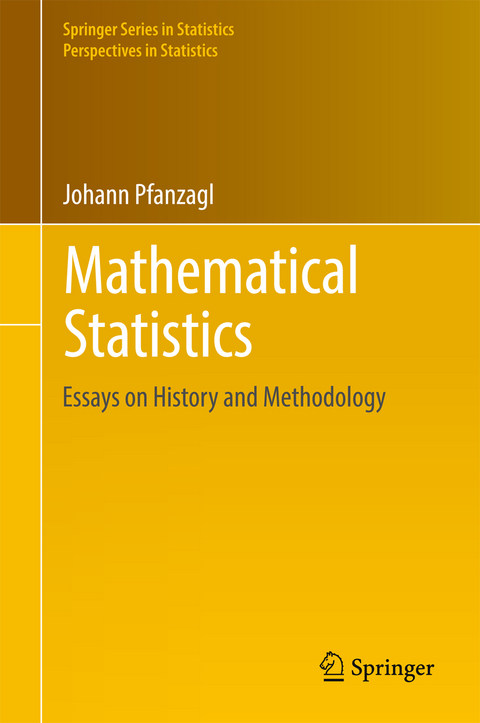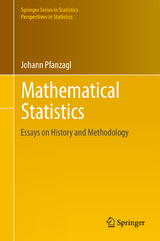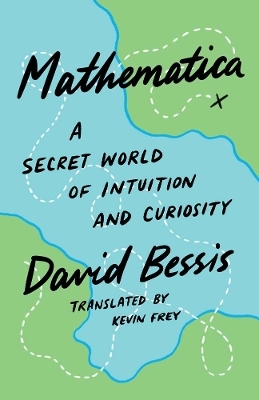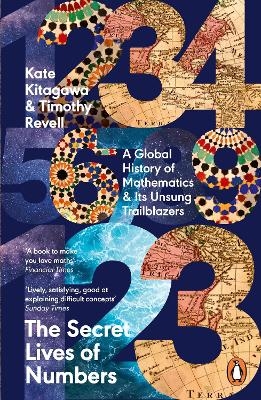Mathematical Statistics
Springer Berlin (Verlag)
978-3-642-31083-6 (ISBN)
This book presents a detailed description of the development of statistical theory. In the mid twentieth century, the development of mathematical statistics underwent an enduring change, due to the advent of more refined mathematical tools. New concepts like sufficiency, superefficiency, adaptivity etc. motivated scholars to reflect upon the interpretation of mathematical concepts in terms of their real-world relevance. Questions concerning the optimality of estimators, for instance, had remained unanswered for decades, because a meaningful concept of optimality (based on the regularity of the estimators, the representation of their limit distribution and assertions about their concentration by means of Anderson's Theorem) was not yet available. The rapidly developing asymptotic theory provided approximate answers to questions for which non-asymptotic theory had found no satisfying solutions. In four engaging essays, this book presents a detailed description of how the use of mathematical methods stimulated the development of a statistical theory. Primarily focused on methodology, questionable proofs and neglected questions of priority, the book offers an intriguing resource for researchers in theoretical statistics, and can also serve as a textbook for advanced courses in statisticc.
Johann Pfanzagl completed his degree in Mathematics at the University of Vienna in 1951 as a student of Johann Radon and Edmund Hlawka. After working for several years as a Statistician at the Chamber of Commerce in Austria he became a Professor of Statistics at the University of Vienna in 1959, and at the University of Cologne in 1960. He is one of the few remaining scholars who, in the early days, contributed to the development of statistical theory using sophisticated mathematical tools.
Introduction.- Sufficiency.- Descriptive Statistics.- Optimality of unbiased estimators: nonasymptotic theory.- Asymptotic optimality of estimators.- Bibliography.- Index.
| Erscheint lt. Verlag | 2.11.2017 |
|---|---|
| Reihe/Serie | Perspectives in Statistics | Springer Series in Statistics |
| Zusatzinfo | X, 316 p. |
| Verlagsort | Berlin |
| Sprache | englisch |
| Maße | 155 x 235 mm |
| Themenwelt | Mathematik / Informatik ► Mathematik ► Geschichte der Mathematik |
| Mathematik / Informatik ► Mathematik ► Statistik | |
| Mathematik / Informatik ► Mathematik ► Wahrscheinlichkeit / Kombinatorik | |
| Schlagworte | Asymptotic Optimality of Estimators • Convolution Theorem • descriptive statistics • estimation • History of Statistics • Mathematische Statistik • Methodology • Nonparametric Statistics • Optimality Concepts for Unbiased Estimators • Regular Estimators • Statistical Theory • sufficient statistics • Tests and Confidence Procedures |
| ISBN-10 | 3-642-31083-4 / 3642310834 |
| ISBN-13 | 978-3-642-31083-6 / 9783642310836 |
| Zustand | Neuware |
| Haben Sie eine Frage zum Produkt? |
aus dem Bereich




